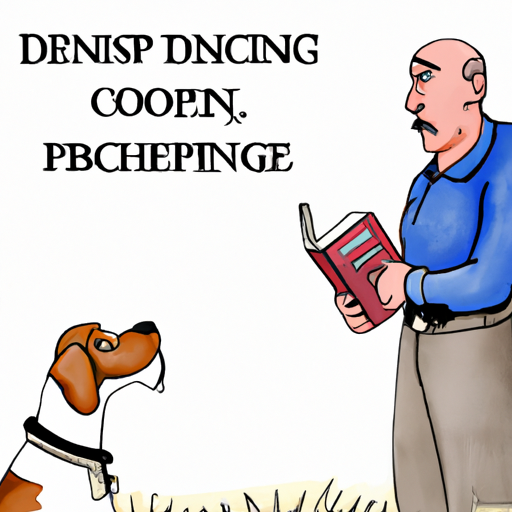Understanding Your Dog’s Behavior
Before you can effectively discipline your dog, you need to understand their behavior. Dogs are pack animals, and they look to their human companions for guidance and structure. Misbehavior is often a sign of confusion or stress, not willful disobedience.
To get to the root of the problem, you’ll need to:
- Identify the triggers. What prompts your dog’s misbehavior? Is it a specific situation, like meeting new people or other dogs?
- Understand the motivation. Why does your dog react the way they do? Are they scared, excited, or bored?
- Modify the behavior. How can you help your dog react more appropriately?
The Power of Positive Reinforcement
When it comes to disciplining dogs, positive reinforcement is generally more effective and humane than punishment. Rather than punishing bad behavior, reward good behavior.
Here are some pointers:
- Always reward immediately. Dogs have short attention spans, so to make the connection between their action and the reward, you need to act fast.
- Use treats and praise. Dogs respond well to both food and affection as rewards.
- Be consistent. Reward the same behaviors every time to avoid confusing your dog.
| Rewards | Examples |
|---|---|
| Food treats | Small pieces of chicken or dog biscuits |
| Praise | “Good dog!”, petting, cuddling |
| Playtime | A quick game of fetch or tug-of-war |
Dealing with Stubborn Behavior
Sometimes, despite your best efforts, your dog may persist in misbehaving. In these cases, it’s important to stay calm and patient.
- Don’t raise your voice or lose your temper. This can scare your dog and make the problem worse.
- Instead, try to redirect their attention to something positive.
- If necessary, give them a time-out in a safe, quiet place to calm down.
Training Techniques for Common Problems
Different problems call for different solutions. Here are some training techniques for common issues:
- Jumping up: Ignore your dog when they jump up, and reward them when they sit or keep all four paws on the ground.
- Barking: Teach your dog a “quiet” command, and reward them when they stop barking.
- Chewing: Provide plenty of appropriate chew toys, and praise your dog for using them.
FAQ
Q: What if my dog doesn’t respond to positive reinforcement?
A: It may take time for your dog to learn new behaviors. If you’re not seeing progress, consider consulting with a professional dog trainer.
Q: Can older dogs be disciplined?
A: Yes, dogs of all ages can learn new behaviors. It may take a bit longer with older dogs, but with patience and consistency, they can learn.
Q: What should I do if my dog is aggressive?
A: Aggression can be a serious problem. If your dog shows signs of aggression, consult a professional dog trainer or a vet.
Remember, your goal is to guide your dog toward better behavior, not to punish them. With patience, consistency, and a lot of love, you can help your dog become a well-behaved member of your family.



